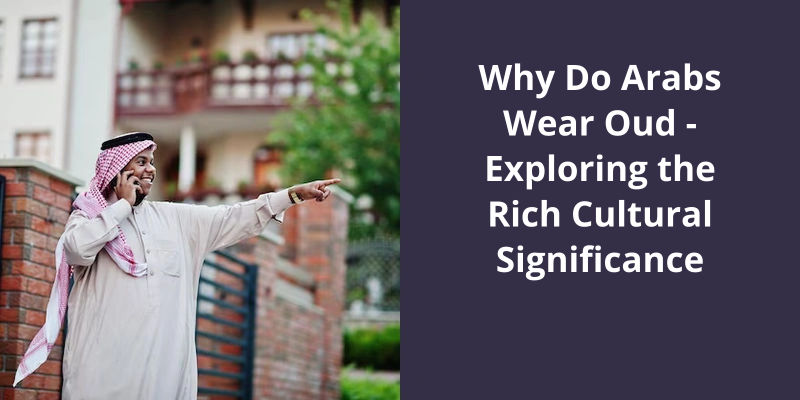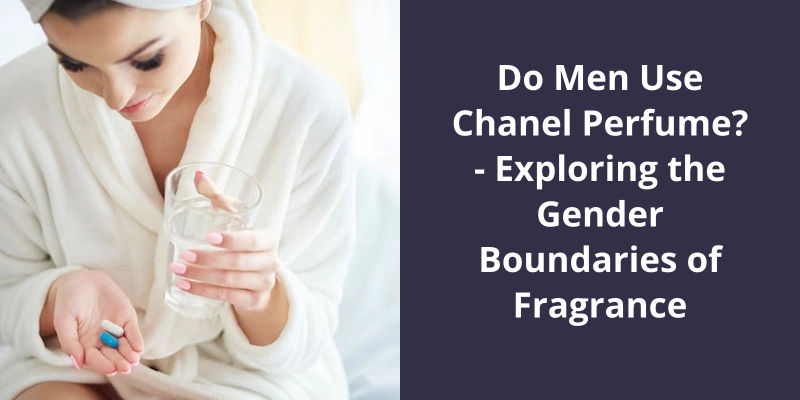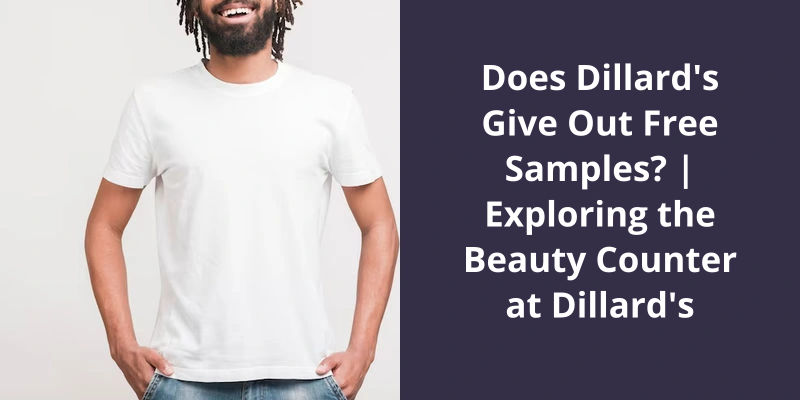Arabs wear Oud, a traditional Middle Eastern fragrance, because it is deeply ingrained in their culture and traditions. The scent has been a part of their heritage for thousands of years, used in religious ceremonies, special occasions and daily grooming due to its aromatic qualities. Derived from the dark, resinous heartwood produced primarily by trees in the genus Aquilaria, Oud holds a high status because of its rarity and the complex process by which it is produced. Apart from its enticing smell, Oud is also loved because it lasts longer on the skin compared to other fragrances, making it a preferred choice in the hot climate of the Arab region. The rich and woody aroma of Oud forms a fundamental aspect of the Arab identity and is a symbol of their hospitality and etiquette.

What Is the Symbolism of Oud?
It’s rich, earthy and sweet aroma has been admired for centuries and is considered a true treasure of perfumery. Oud is derived from the Agarwood tree which is prized for it’s aromatics and has become increasingly rare in recent years. The complexity of it’s scent, which is both sweet and woody, lends to it’s versatility and has made it a key ingredient in the production of some of the worlds most expensive and sought-after fragrances.
In addition to it’s use in perfumery, oud oil has been prized for it’s medicinal properties. It’s believed to relieve stress and anxiety, relieve pain and inflammation, and improve digestion. Oud has been used for centuries as a natural remedy for a wide range of ailments, and it’s healing properties are still recognized and used today in many cultures around the world.
Oud wood is also used in many religious and spiritual practices, particularly in the Islamic world. The scent of burning oud is believed to help purify the soul and ward off evil spirits. It’s often used during prayer and meditation and is considered an important part of Islamic culture and tradition.
Overall, the symbolism of oud is complex and multifaceted, encompassing it’s cultural, spiritual, medicinal, and luxury properties. It’s rich history and enduring popularity speak to it’s enduring appeal and the importance that it holds in many different cultures and communities around the world.
The Traditional Methods of Harvesting and Processing Oud Oil From the Agarwood Tree.
- Manual harvesting of Agarwood tree through a process called gaharu hunting
- Incision of the tree bark and let the resin flow out naturally or wait until it’s infected with mould or fungi
- Collection of Agarwood resin chunks and chips
- Grinding of Agarwood chips and resin to a fine powder or oil extraction through distillation or hydro-distillation
- The resulting oud oil is then matured for several months, aged, and blended for fragrance
The cultural importance of fragrance in Middle Eastern countries has long been a topic of interest. The use of cologne, in particular, is widespread, with Arabs often wearing more of it than their western counterparts. But what’s the reason behind this trend? Many point to the cultural and religious significance of scent in the region, as well as the desire to express one’s individuality through fragrance.
Why Do Arabs Use So Much Cologne?
Cologne isn’t just a beauty product for Arabs, it’s a way of life. They’ve a deep cultural and historical connection with fragrance, a tradition that’s been passed down from generation to generation. Middle Easterners have been using perfume, or attar, for thousands of years. The ancient Egyptians used it for religious purposes, while the Persians and Arabs used it for medicinal and cosmetic purposes. Today, the Middle East is still the largest market for perfume and cologne in the world.
Islam encourages cleanliness and personal hygiene, including the use of fragrance. Muslims are required to perform ablutions (a cleansing ritual) before prayer and to apply perfume or scented oil to their skin. This practice has become an integral part of the Arab culture and is seen as a sign of respect and courtesy.
The use of expensive, high-quality fragrances is associated with luxury and affluence. In the Middle East, perfume is often used as a gift, and the more expensive the perfume, the greater the gesture of respect and honor.
The climate in the Middle East also plays a role in the widespread use of cologne. The hot, dry weather can cause odors to become more pungent and unpleasant. Using perfume masks body odors and makes people feel more comfortable in their surroundings. Furthermore, using cologne is seen as a way to cool down and refresh oneself in the heat.
In addition to it’s cultural significance, perfume is also used for it’s therapeutic properties. Many traditional medicines and remedies in the Middle East use natural fragrances, such as rose oil and frankincense, for their healing properties. The aroma of these oils is believed to have a calming effect on the mind and body, making them useful for stress relief and relaxation.
Perfume is often used to create a welcoming and inviting atmosphere, especially in social settings. The scent of perfume can be a conversation starter, and it can help people feel more at ease around one another.
The Impact of Synthetic Fragrances on the Environment
This article discusses the effects that synthetic fragrances can have on the environment and how their use can contribute to various environmental issues.
Source: Middle Eastern Fragrances: Creating An Olfactory Carpet Ride
Conclusion
Through it’s various uses, oud continues to represent a symbol of identity, tradition, and prestige among Arab people. It’s unique fragrance and versatility has transcended borders and cultures, captivating the hearts and senses of people from all over the world. Therefore, it’s safe to say that the significance and relevance of oud in Arab culture will continue to endure for many generations to come.





